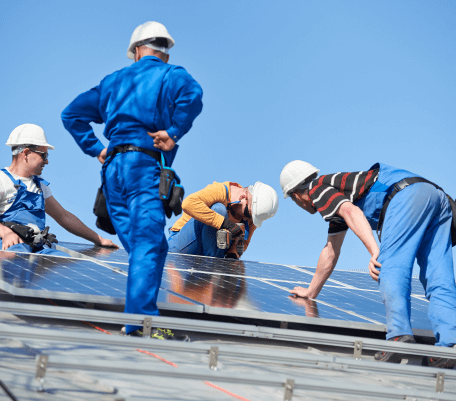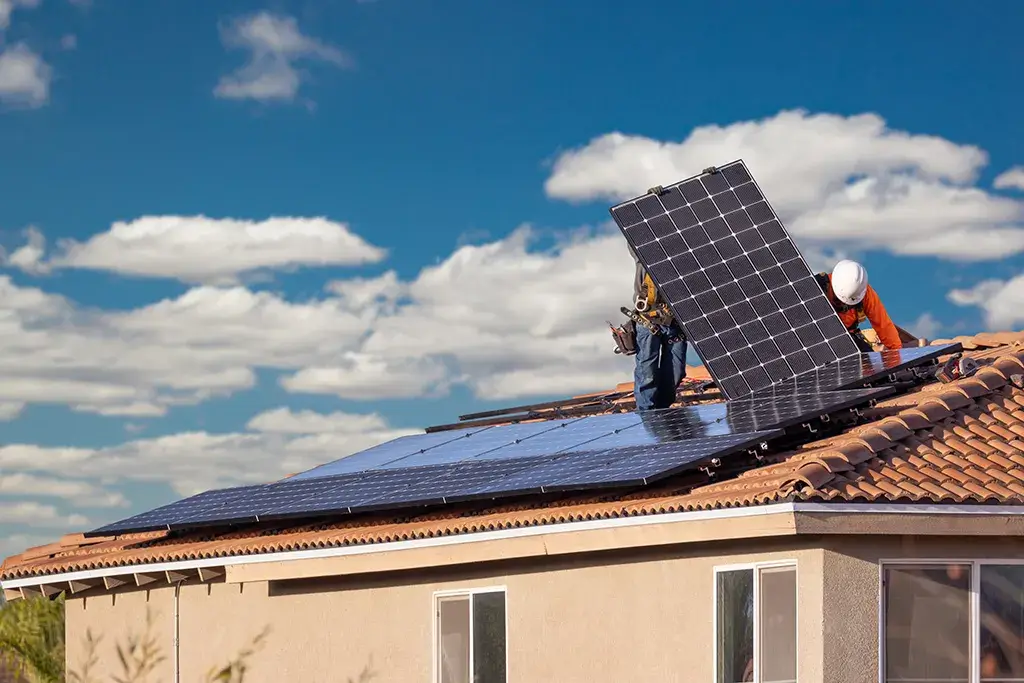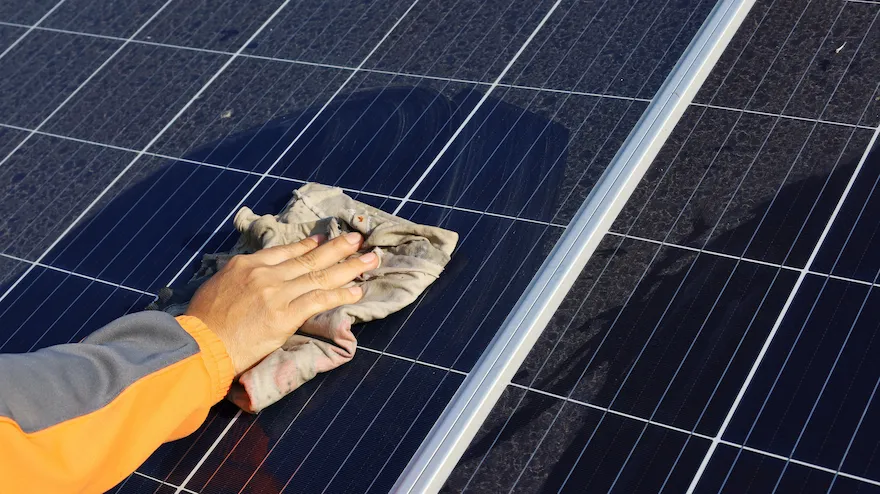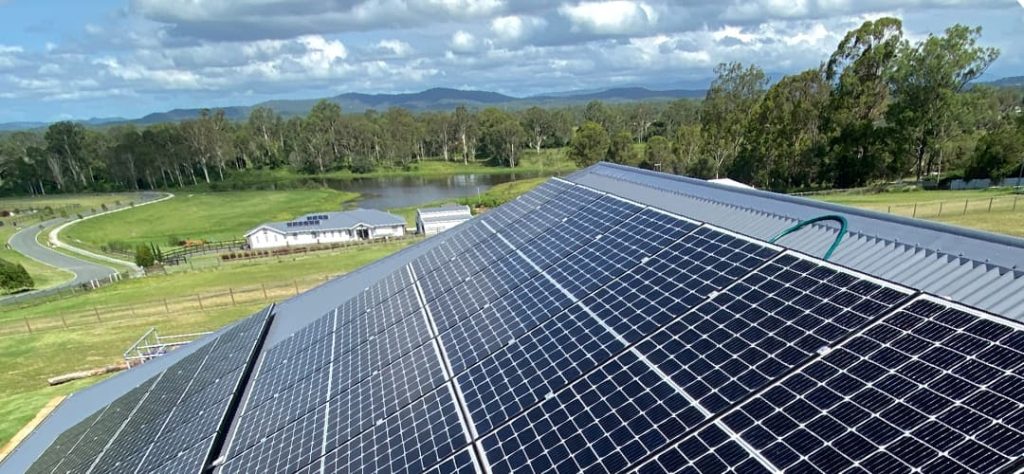Installing solar panels is a practical step toward renewable energy and a significant contribution to environmental well-being. The decision to go solar doesn’t only benefit homeowners; it has far-reaching impacts on the environment as well.
In this blog, we will explore the environmental benefits of installing solar panels and how this choice can make a positive difference.
Reduced Carbon Footprint
Traditional energy sources like coal and natural gas release substantial amounts of carbon dioxide and other greenhouse gases into the atmosphere, contributing to climate change.
Solar panels, on the other hand, generate electricity from the sun’s heat without emitting harmful pollutants. By opting for solar power, you can actively reduce your carbon footprint, helping combat global warming and promote cleaner air.
Conservation of Natural Resources
The production of electricity from fossil fuels requires the extraction and burning of finite resources like coal and natural gas. This not only depletes these resources but also poses environmental risks such as air and water pollution.
Solar energy, being a renewable resource, harnesses power from the sun without depleting it. By choosing solar panels, you contribute to the conservation of precious natural resources and promote a sustainable energy future.
Minimised Air and Water Pollution
Burning fossil fuels for energy production releases pollutants that contaminate the air we breathe and the water we drink and bathe in. Solar panels generate electricity through a clean and silent process, without emitting harmful pollutants.
Choosing solar means reducing the release of pollutants like sulphur dioxide, nitrogen oxides, and particulate matter, contributing to improved air and water quality in local communities.
Preservation of Ecosystems
Extracting fossil fuels often involves disruptive practices such as mining and drilling, leading to habitat destruction and loss of biodiversity. Solar power systems, however, require no mining or drilling and are generally installed on your roof and thus have no negative impacts on ecosystems.
By installing solar panels, you can stop playing a role in deforestation and habitat destruction and instead help to preserve natural habitats, protect wildlife, and maintain the delicate balance of ecosystems.
Energy Independence
Traditional energy sources are often subject to geopolitical tensions and supply chain vulnerabilities. This can cause prices to rise unexpectedly. Also, traditional energy is finite and can be subject to outages due to weather events or load shedding.
Solar power, being decentralised and generated on-site, provides a level of energy independence. And when paired with solar battery storage, you can ensure you can use your own power overnight and during blackouts.
By embracing solar energy, you can become more resilient and enjoy secure energy, reducing dependence on centralised power grids and the associated environmental risks of transporting energy over long distances.
Long-Term Sustainability
Solar panels have a lifespan of 25 years or more, providing a long-term and sustainable energy solution. This durability reduces the need for frequent replacements and minimises the environmental impact associated with manufacturing and disposing of short-lived energy systems.
Opting for solar power contributes to a more sustainable and circular approach to energy consumption.
Install Solar Panels to Make a Positive Environmental Impact
In conclusion, the decision to install solar panels extends beyond personal energy savings; it is a powerful choice that positively impacts the environment. By reducing carbon emissions, conserving natural resources, minimising pollution, preserving ecosystems, and promoting energy independence, you can become a key player in creating a sustainable and eco-friendly future.
Embracing solar power is not just a technological advancement; it’s a commitment to environmental stewardship. Contact our expert solar electricians at Solar Uptime for solar panel installation today!







